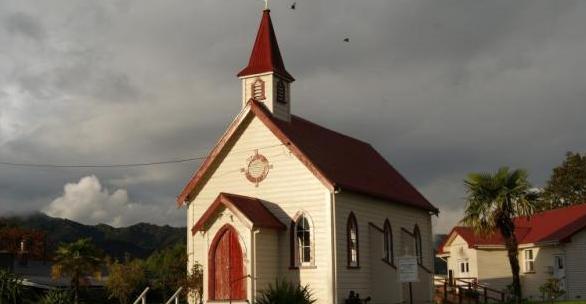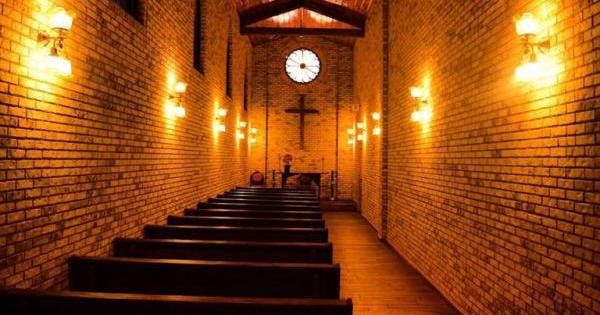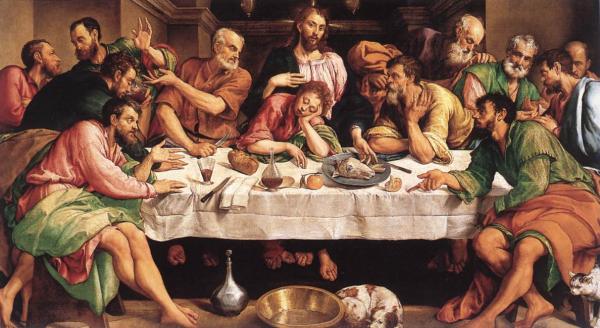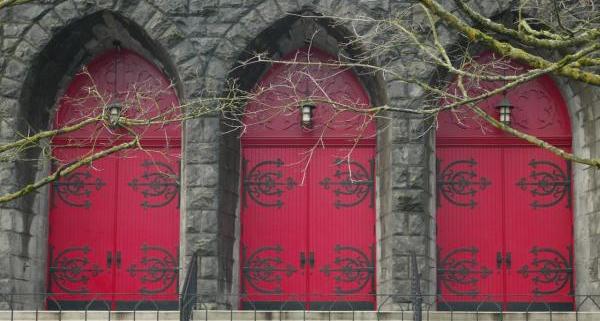Yesterday, Trump declared churches and houses of worship to be “essential” and called on governors to lift restrictions on religious gatherings–threatening to override those restrictions if they weren’t lifted.

In my home state, Minnesota, , Gov. Walz announced this afternoon that in-person religious services can resume on May 17, with restrictions and in accordance with social distancing guidelines.
I agree with many others who have taken issue with Trump’s assertion that the church and houses of worship should be considered “essential.” From the perspective of (good) Christian theology, the gathered church is by no means essential.
The gospel is essential, the kingdom/kin-dom of God is essential. Love is essential. Witness to God’s love and to God’s reconciliation with the world is essential. But the church? The church is instrumental. It is parenthetical. The institutional (gathered) church can be a powerful witness to God’s work and it can be an effective witness to God’s love. But it is not essential.
Karl Barth, who wrote the massive Church Dogmatics, suggested, in The Epistle to the Romans, that the “fall of the church is not the end.” God’s reign transcends the institutional church. The church’s vocation is to witness to God’s love and reconciliation in Christ, with the world, As a witness, it is not the thing itself to which it points (or better: it is not the one to whom it points).
The church is often tempted to identify itself with the kingdom or kin-dom of God. But that is a recipe for failure and disaster.
Furthermore, the gathered (and institutional) church does not comprise the church in its fullness and its scope–not even close.
I’m not saying the church is not important. I’m not saying the church doesn’t have a role to play in God’s work in the world. Many of us find spiritual healing, community, hope, and encouragement in the gathered church.
But as pastors and church leaders consider the prospects of reopening our churches and houses of worship, there are some theological resources we can consult and a theology of church (or ecclesiology) we can consider. These can help us keep perspective on what is really essential.















